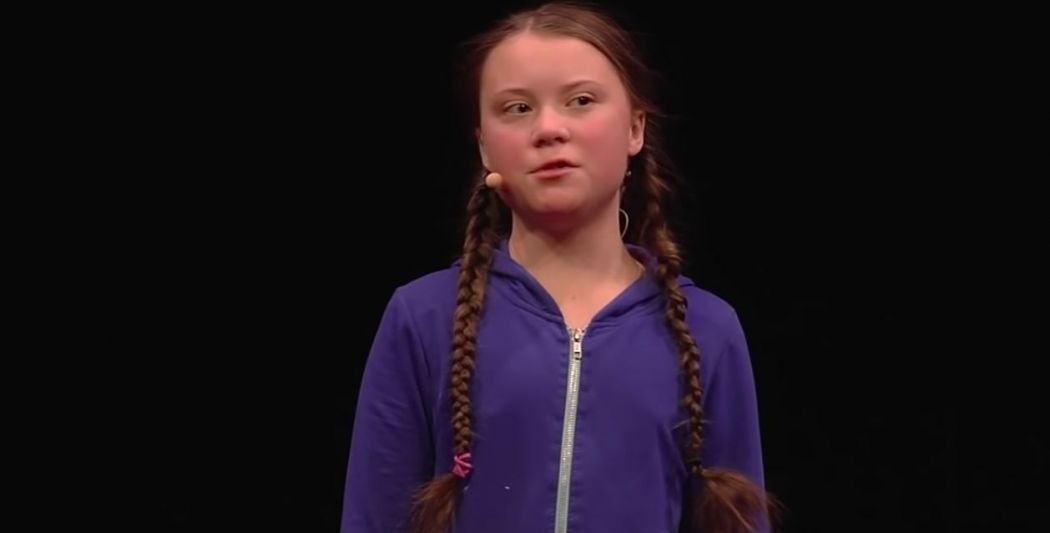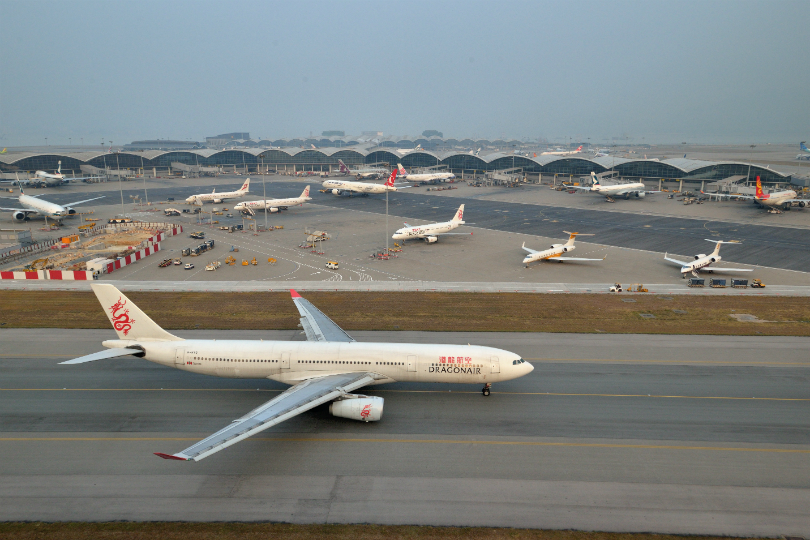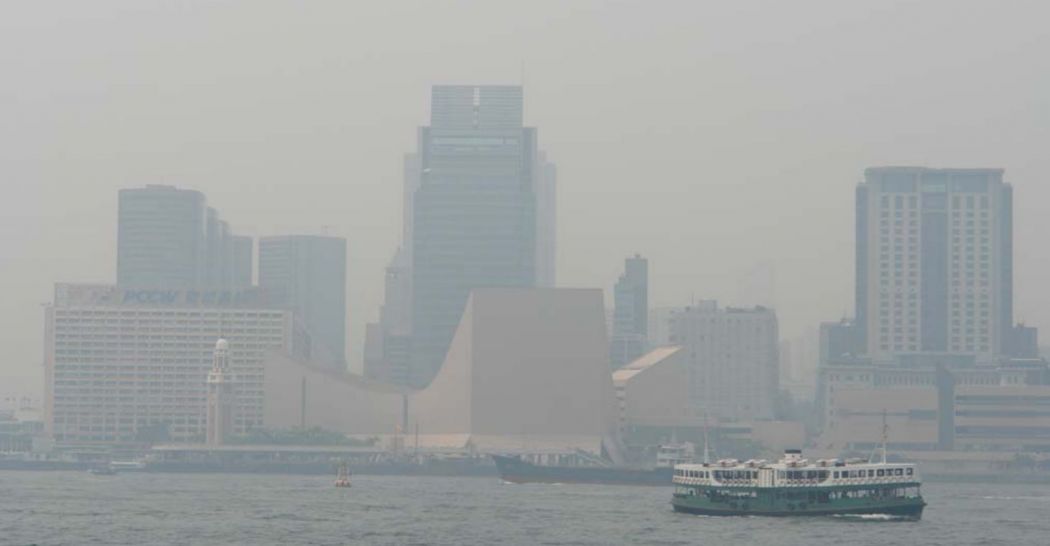By Paul Harris
Today, students at Hong Kong’s schools are set to skip classes and join a global student strike to demand action on climate change. They are calling on adults in general, and governments in particular, to recognise the extreme urgency of climate change and to implement policies that will greatly reduce the pollution that causes it.
The strike is an outgrowth of calls for action on climate change by Swedish student Greta Thunberg. Ms Thunberg has protested that “grownups don’t give a shit about my future.” Based on my own research, over nearly three decades, into the human and policy dimensions of climate change, I have a message for Ms Thunberg: I couldn’t have said it better myself.

Scientists tell us that we must bring global greenhouse gas pollution to a near halt within a few decades. Yet, despite politicking by governments since the 1980s, that pollution continues to increase. Ms Thunberg is justified in being ticked off at adults.
The Education Bureau is opposed to the strike on the grounds that it would disrupt order on school campuses. Not for the first time, the Education Bureau is divorced from reality, and it is blind to the educational benefits of direct action by students to make all of us more aware of environmental realities. Education officials are myopically focused on order in schools, even as Earth’s climate descends into chaos.

Thankfully, the students have their priorities right, and it is to them, not the Education Bureau, that we should look for lessons on how to behave. I expect that many of the students joining the strike are among the brightest and most innovative people in Hong Kong. They are thinking creatively and looking for new ways to make the world a better place.
As someone who has worked in Hong Kong’s education sector for the better part of two decades, I want the students to know that they have support among educators. Like the students, we frequently feel helpless in the face of ignorance and intransigence on the part of the government (many of us would like to join the strike, but of course the Education Bureau would frown on that, too).

The students deserve full support, but let’s be clear about something unsettling: their call for Hong Kong to become more energy efficient would if implemented be only a first step on a very difficult path. What is needed is more than the government is currently willing to contemplate: very rapidly weening the city almost completely off fossil fuels.
That’s a tall order, not least because the government is pouring billions of dollars into infrastructure – a bigger airport and thousands of uninsulated energy-hogging homes, for example – that will lock our community into polluting the climate for decades to come. Hong Kong is a cancerous cyst on Mother Nature, and the government is complicit in encouraging that cyst to grow.
An important question is what will happen in the near future. The striking students have the right message, but will they take the right action? Will they now, and will they as adults, be parts of the solution to climate change. Or will they, like most adults, continue to wait for governments to do most of the hard work of ending climate pollution? It’s not enough to talk the talk; it’s necessary to walk the talk, too. That won’t be at all easy.
For example, will the striking students pledge – and act on that pledge henceforth – to stop travelling by air? Air travel is one of the fastest-growing sources of climate pollution. If you go to the airport and board an aeroplane for your next holiday, you are part of the problem.

Will the students stop eating meat (or at least cut back drastically on consuming it)? Meat and all that goes with it – producing crops to feed livestock, methane emissions from ruminants, transportation and refrigeration, etc. – is an extremely large source of greenhouse gas pollution. If you eat a cheeseburger, you are part of the problem.
Will the students stop consuming “fast fashion,” and indeed other things that are fun to have but trivial, given the consequences of climate change? If you buy new sneakers before the ones you have to wear out, you are part of the problem.
Or will the students pledge to make what could be, for many of them, a major sacrifice: to forgo having children of their own when the time comes? If we are victims of political and economic institutions that make climate pollution part of daily life – one of the excuses that adults, including even many environmental scholars, like to use for not taking action on climate change themselves – then it follows that your child might grow up to become part of the problem. By this logic, if you have a child, you are part of the problem.

The striking students deserve the support of adults, including those in the Education Bureau. We adults should be ashamed of for perpetuating a world in which the students’ strike is necessary. The Education Bureau should be ashamed for discouraging students from taking action. The Hong Kong Government should be ashamed for making it nigh impossible for most of us, young and old, to live as sustainably as climate change demands.
Let’s hope that we all act on that shame and that the striking students finally do what adults have failed to do: walk the talk, and thereby set examples for our community and for future generations of students.
All of us, regardless of age, need to look in the mirror if we want to see the sources of climate change and the solutions to it. We, the adults, have willfully failed to take this look. Let’s hope that the striking students don’t fail, too.
